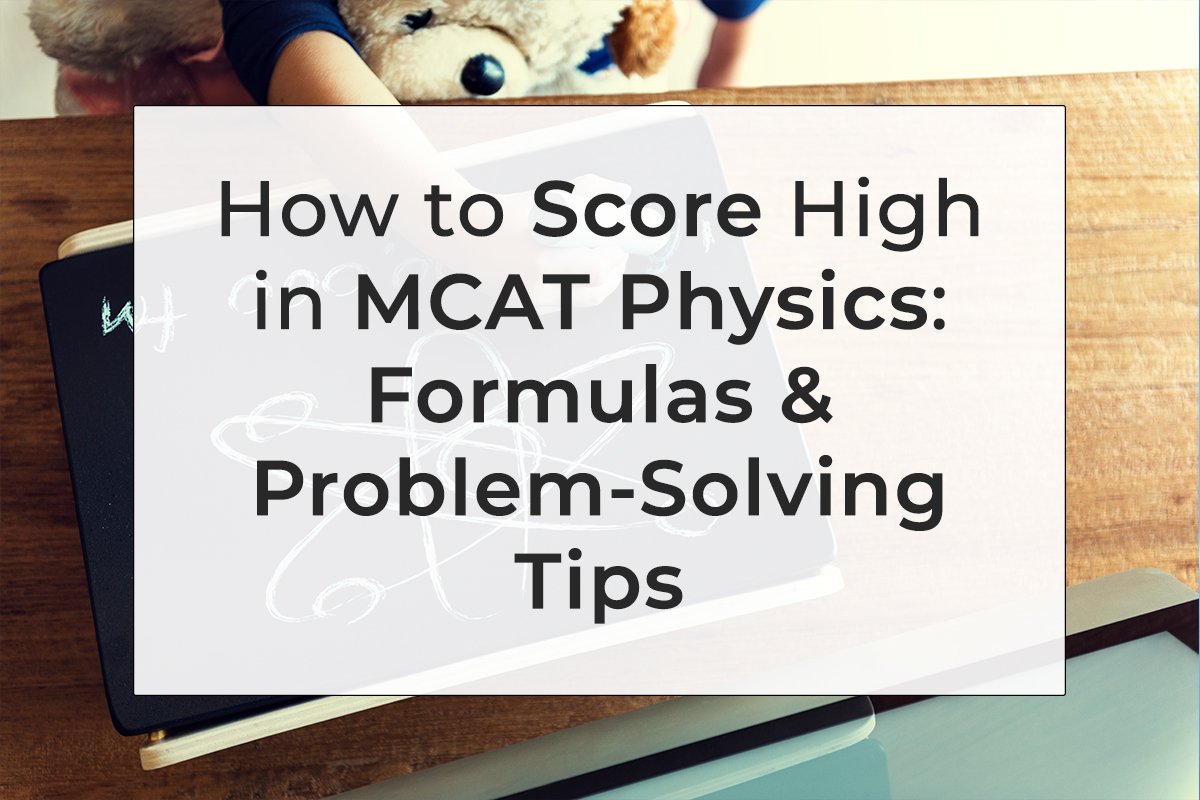
Rate-Limiting Enzymes: MCAT’s Favorite Biochem Traps
Crush the MCAT by mastering rate-limiting enzymes in key pathways like glycolysis and the Krebs cycle. This KOTC guide helps you decode where students go wrong—and how to get it right.

Amino Acids on the MCAT: The Ultimate Guide to Memorization & Application
Amino acids are MCAT royalty—they appear in nearly every Bio/Biochem passage, and knowing their structures, charges, and properties is non-negotiable. Whether it's understanding enzyme mechanisms or protein folding, this guide will help you go from “I sort of remember histidine…” to “I can crush any amino acid question they throw at me.

Top 5 MCAT Question Types (and How to Outsmart Each One)
The MCAT doesn’t just test what you know—it tests how you think. You could memorize every amino acid and still miss questions if you don’t recognize the question types being thrown at you. Today, we’ll break down the top 5 MCAT question styles, show you how to approach them, and plug in how King of the Curve’s question bank trains your brain to master each one.

Mastering Periodic Trends – Ionization Energy, Electronegativity & Atomic Radius
How well do you really know the periodic table? On the DAT, general chemistry questions often dive into the trends—not just the facts. From ionization energy to atomic radius, the DAT loves to test whether you can analyze and compare trends across the table.
In this blog, we’ll simplify periodic trends into a visual memory system, give you DAT-style questions to practice, and help you lock in the high-yield rules.

How to Stay Focused During Long MCAT Study Sessions
Let’s be real—prepping for the MCAT isn’t just about understanding content, it’s about surviving the grind. Whether you're in the middle of a 4-hour review block or trying to stay awake through CARS practice, staying focused is half the battle. Today, we’ll share 7 science-backed focus hacks designed to help you study longer, smarter, and with fewer mental crashes—plus how King of the Curve makes it easier.

How to Decode Lab Values for the USMLE and Clinical Rotations
Think lab values don’t matter on the MCAT? Think again. While the MCAT won’t hand you a full CBC and ask for a diagnosis, it will test your ability to understand physiological processes, abnormal values, and real-world application of blood tests. Knowing lab values isn’t just for med school—it's a tool for critical thinking under pressure, and it’s showing up more often in passage-based questions.

Anki vs. Traditional Studying: What Works Best for Med Students?
If you're in med school or prepping for the MCAT/USMLE, you've definitely heard of Anki. It's the flashcard app that’s taken over med student study culture. But is it really better than handwritten notes or rereading your textbook? Today, we’re breaking down the science of studying, how different methods stack up, and where King of the Curve fits into your long-term memory strategy.

Psych/Soc on the MCAT: Must-Know Theories & Terms for a Higher Score
The Psychology/Sociology section on the MCAT is often underestimated—until you realize it makes up 25% of your total score. With a strong foundation in key theories and terms, this section can become a score-booster. Today, we're breaking down the must-know Psych/Soc content, plus how to recognize these concepts in MCAT-style passages.

MCAT Passage-Based Questions: The Best Approach to Answering Them
The MCAT isn’t just about content recall—it’s about applying knowledge in a passage-based format that mimics real research and clinical scenarios. These questions make up the majority of the exam, and mastering them is crucial to a high score. Here’s how to effectively approach MCAT passage-based questions using insights and tools from King of the Curve (KOTC).

The Biggest MCAT Mistakes & How to Avoid Them
The MCAT is one of the most important exams for aspiring medical students, and success depends not just on what you do right—but also on avoiding key pitfalls. Let’s dive into the most common MCAT mistakes students make and how to steer clear of them using insights and tools from King of the Curve (KOTC).

How to Score High in MCAT Physics: Formulas & Problem-Solving Tips
Physics on the MCAT requires a strong grasp of key formulas and efficient problem-solving techniques. Since the MCAT is a reasoning-based exam, understanding concepts is more important than pure memorization. Here’s how to master high-yield MCAT Physics topics and maximize your score.

MCAT Chemistry Made Easy: Understanding General & Organic Chemistry
MCAT Chemistry can be challenging, but with the right strategies, you can master both general and organic chemistry efficiently. By focusing on high-yield concepts and applying smart study techniques, you’ll improve retention and problem-solving speed.

Mastering MCAT Biology: High-Yield Topics & Study Tips
MCAT Biology is one of the most crucial sections of the exam, covering foundational concepts that are essential for medical school. By focusing on high-yield topics and using proven study techniques, you can improve your retention and boost your score.
